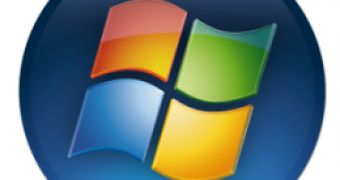Integrating a computer running Windows Vista into your existing network may cause an array of problems. Windows Vista can manage to act as the perfect break, slowing down network connections and Internet connection speeds. But additionally, users will experience gradual loss of network performance, which means that the initial issues they confront will only get worse and worse. And this is not the end of it. Users will also face lack of support for new features and for networking technologies. They will also experience re-occurring and frequent errors on web pages that functioned flawlessly from Windows XP and reduced overall network performance.
Microsoft has confirmed that Windows Vista is the cause and that the problem resides in the use of an outdated router. "An outdated network router may not function correctly when you use it together with new networking features in Windows Vista," informed Microsoft. In some cases, the network router will stop functioning completely and require a reset.
The Redmond Company has explained that this is in fact an incompatibility issue, adding to support problems that the operating system has faced since the commercial availability on January 30, 2007. With Windows Vista, Microsoft has introduced a new network stack and new networking features. This is the reason why an outdated router will not offer complete compatibility with Vista.
"For example, Windows Vista uses UPnP-certified standards much more than Microsoft Windows XP. An outdated or less robust network router may be unable to handle the increased UPnP traffic that is generated by Windows Vista. Additionally, Windows Vista uses Internet Protocol version 6 (IPv6) and IPv6 transition technologies. The network router may use Symmetric Network Address Translation (NAT). Symmetric NAT is incompatible with IPv6. The router may function incorrectly when you use applications that rely on IPv6 technologies, such as Microsoft Windows Meeting Space," added Microsoft.

 14 DAY TRIAL //
14 DAY TRIAL //